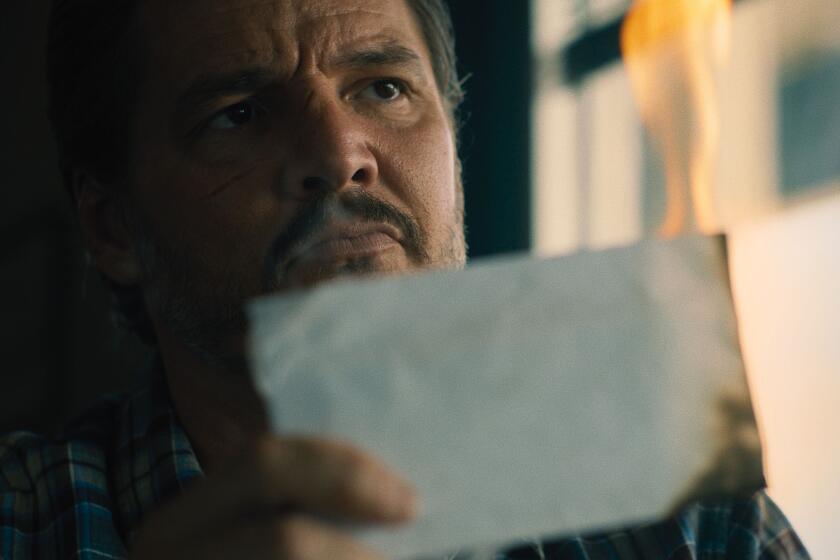Poet Gets OK on Stalin-Era Film
- Share via
In the latest of Soviet leader Mikhail S. Gorbachev’s attempts to use the arts to reveal the brutality of the Stalinist era, Soviet poet Yevgeny Yevtushenko has written and will direct a new historical movie about a massacre that took place while Joseph Stalin’s body lay in state.
Yevtushenko, visiting New York to give a series of poetry readings with Allen Ginsberg, told The Times that the state film-making agency Mosfilm recently accepted his screenplay and agreed to produce the movie. However, he said the film may need some U.S. financing.
Yevtushenko’s screenplay, which will employ Soviet actors but also has roles for two Americans, seeks to address one of the most pressing problems of Gorbachev’s anti-Stalinist campaign--the emerging backlash among members of Yevtushenko’s generation who lived through the Stalin years and loved him for being their victorious wartime leader almost as much as they feared him for being a brutal dictator.
The film is “about the people of my generation,” the poet says, who, like himself, were teen-agers at the time. The main character is a 15-year-old Soviet poet and the story is told from his viewpoint.
The story takes place in 1953 as Stalin’s body laid in state in the Hall of Columns. Huge crowds were routed through narrow streets to keep them orderly, but authorities placed military trucks in the streets, making passage difficult. The result was the so-called “Trubnaya Square” stampede.
“It was a very stupid decision to put the military trucks there, but an order was an order,” recalls Yevtushenko, who witnessed the massacre when he was 19. “And so an enormous crowd began to push. People were breaking windows, climbing buildings, jumping on roofs to escape. Others were crushed against the sharp metal corners of the trucks or impaled on metal posts. I myself remember walking on something soft. It was a dead body.”
The poet says the scene was “one of the most terrifying memories of my life. It was an apocalyptic event because so many people were killed or wounded. In my opinion, it was a symbolic day of the terror of Stalin’s regime.”
The movie will be filmed on the site of the massacre. “Luckily, the place now is absolutely like it was 30 years ago,” the poet notes. Some of the crowd scenes, he estimates, will require up to 20,000 extras.
Writing the screenplay took only a few weeks, he says, “because I had this script in my heart for many years. I just didn’t know what I’d do with it.”
This will mark the second movie which Yevtushenko is writing and directing. His first, “Kindergarten,” was shown at the Los Angeles Film Festival in 1987. He also played the main character in the 1979 Soviet movie “Take-Off,” about the father of Soviet rocketry.
Since Gorbachev came to power, several major anti-Stalinist plays and films have been produced, beginning in 1986 with the powerful and allegorical “Repentence,” which broke decades of silence about the horrors of Stalinism. Since then, two anti-Stalinist documentary films, “Risk-2” and “The Trial,” have been shown on Soviet television and a play by Mikhail Shatrov, “Onward Ever Onward,” has received much attention.
Last spring, “Mirror for a Hero,” the first Soviet film dealing with the resentment of older Soviet citizens opposed to attacks on Stalin, was released. Kremlin observers saw it as an attempt to reconcile the generational differences over attitudes toward Stalin.
More to Read
Only good movies
Get the Indie Focus newsletter, Mark Olsen's weekly guide to the world of cinema.
You may occasionally receive promotional content from the Los Angeles Times.









